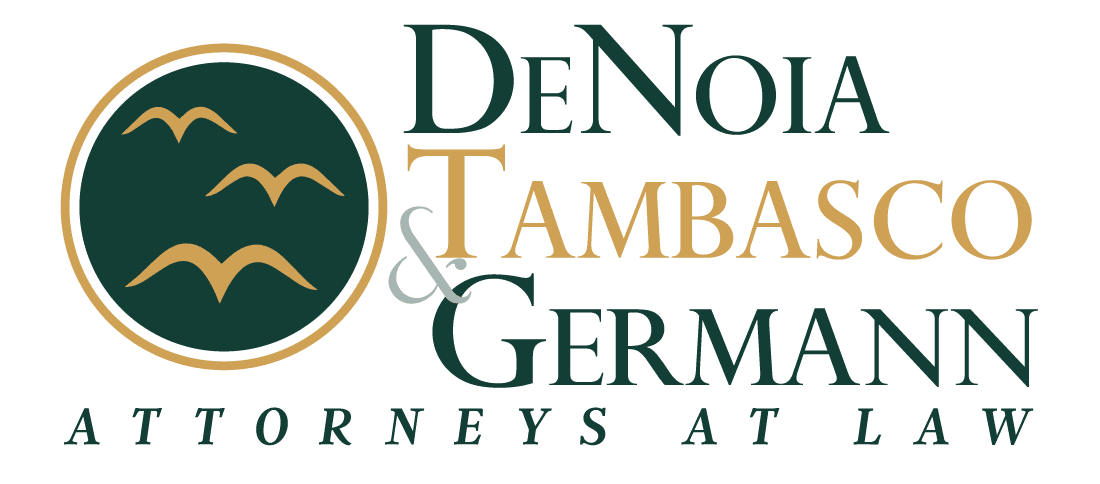Securities Laws And Investor Relations
Several federal and state laws regulate securities and investor relations. The main goals are to make investing as transparent as possible, level the investment playing field, and reduce investment fraud.
Our friends at Focus Law LA discuss some of the federal laws covering securities and investors below.
1. Securities Act Of 1933
This “truth in securities” law’s two main objectives are:
- Investors should get financial and other significant information about publicly sold securities
- Stop misrepresentation, deceit, and other fraud when securities sell
The primary way to achieve these objectives is to register securities, which requires disclosing crucial financial information. This permits investors to make better informed, less risky decisions on whether or not to buy a company’s securities.
The federal Securities and Exchange Commission (SEC) mandates the information is accurate, there’s no guarantee. If investors purchasing securities suffer losses, they have recovery rights if they can establish there was an inaccurate or incomplete information disclosure.
2. Securities Exchange Act Of 1934
Congress created the SEC with this law. It empowers the agency with broad authority over the securities industry. This includes the ability to:
- Register, regulate, and oversee
- Brokerage firms, clearing agencies, and transfer agents, in addition to securities self-regulatory organizations (SROs)
SROs include the following:
- New York Stock Exchange
- NASDAQ Stock Market
- Chicago Board of Options
- Financial Industry Regulatory Authority (FINRA)
The Act also:
- Identifies and prohibits some conduct in the markets
- Provides the SEC with disciplinary power over regulated entities and persons associated with them
- Empowers the agency to mandate regular information reporting by companies offering publicly traded securities
This is just a small list of the SEC’s abilities granted under this law.
3. Trust Indenture Act Of 1939
This law concerns debt securities like debentures, bonds, and notes offered for public sale. They may be registered due to the Securities Act, but they may not be publicly sold unless there’s a formal agreement between the bond issuer and the bondholder (the trust indenture) that conforms to this law’s standards.
4. Investment Company Act Of 1940
This regulates:
- The organization of companies (including mutual funds)
- That primarily engage in trading in and investing and reinvesting in securities
- Whose own investment securities are offered to the public
The law is meant to lessen conflicts of interest in complex investment operations. The Act requires covered companies to release their investment policies and financial condition to investors when stock is first sold and later regularly. The Act focuses on disclosing information to the investing public about the fund, its investment objectives, and the investment company’s structure and operations.
5. Investment Advisers Act Of 1940
This law covers investment advisers. With some limitations, it requires:
- Firms or individuals paid to advise others about securities investments
- To register with the SEC and
- Conform to regulations that protect investors
Since the 1996 and 2010 amendments, generally, only advisers with at least $100 million of assets being managed or they advise a registered investment company must register with the SEC.
6. Sarbanes-Oxley Act Of 2002
President Bush signed this law into effect and claimed it was “the most far-reaching reforms of American business practices since the time of Franklin Delano Roosevelt.” This law:
- Required many reforms to improve corporate responsibility, enhance financial disclosures, and prevent accounting and corporate fraud
- Created the Public Company Accounting Oversight Board (PCAOB), which oversees the auditing profession
The law was in response to the massive corporate and accounting fraud involving the Houston energy trading firm Enron.
7. Dodd-Frank Wall Street Reform And Consumer Protection Act Of 2010
The law sought to reshape the federal securities regulatory system to make it safer for consumers and taxpayers, including changes in:
- Consumer protection
- Trading restrictions
- Credit ratings
- Financial product regulations
- Corporate governance and disclosure
- Transparency
The law established several new agencies that oversee the various sections of the law and several aspects of the financial system.
If your business has reached the point where you want to offer investors a share, consult with a business shareholder lawyer experienced in this highly technical area of law to avoid later legal problems.
